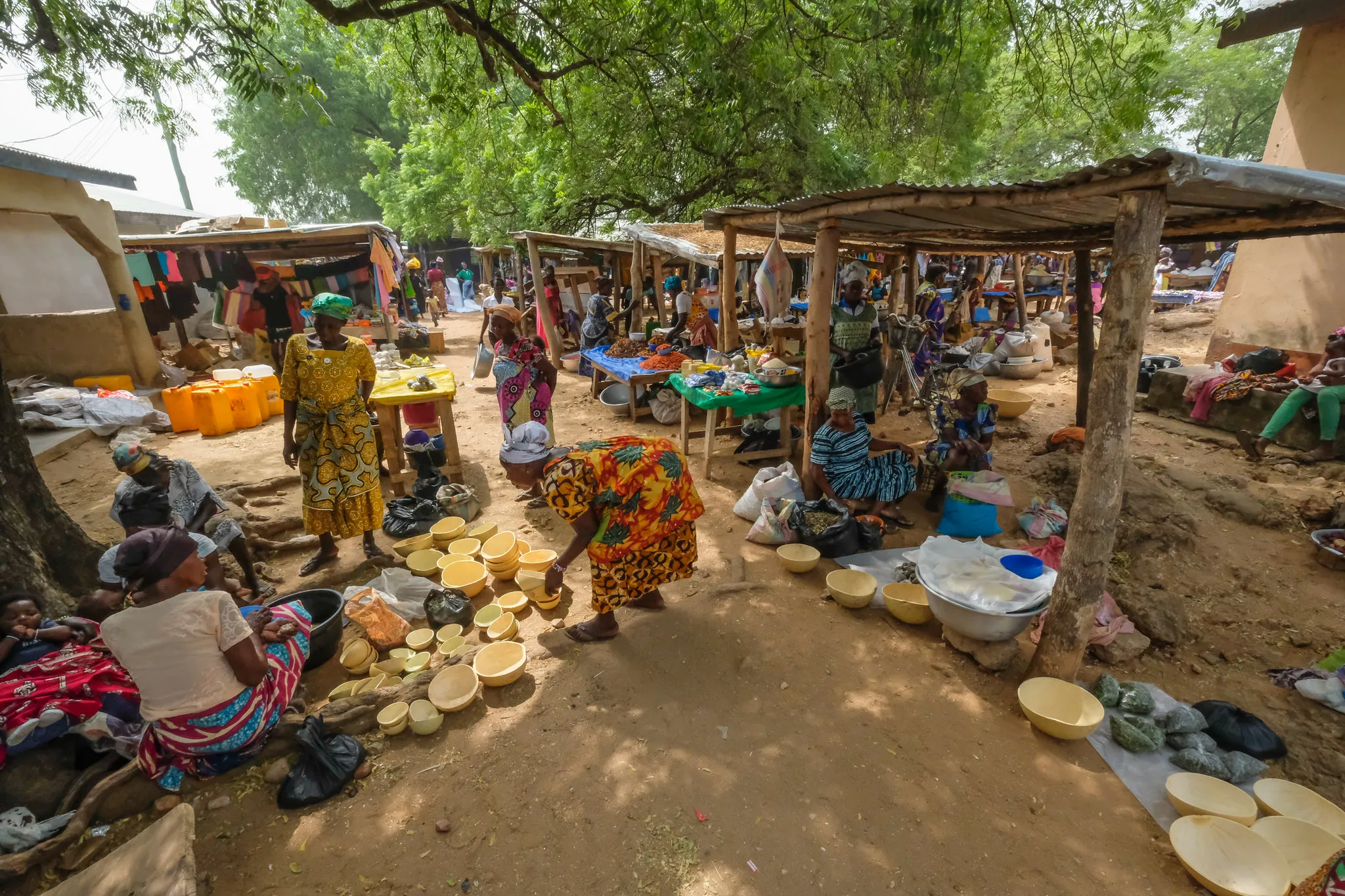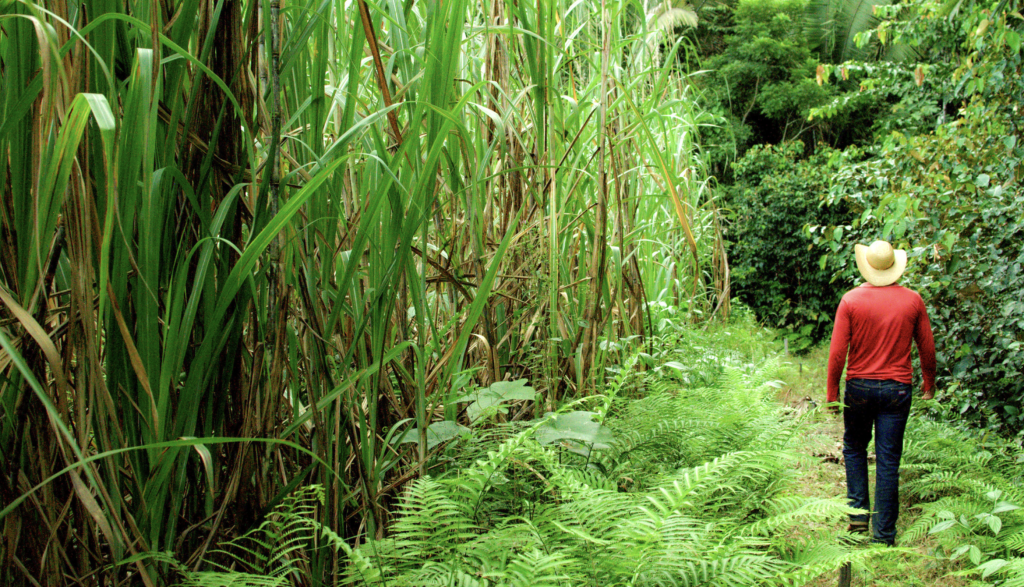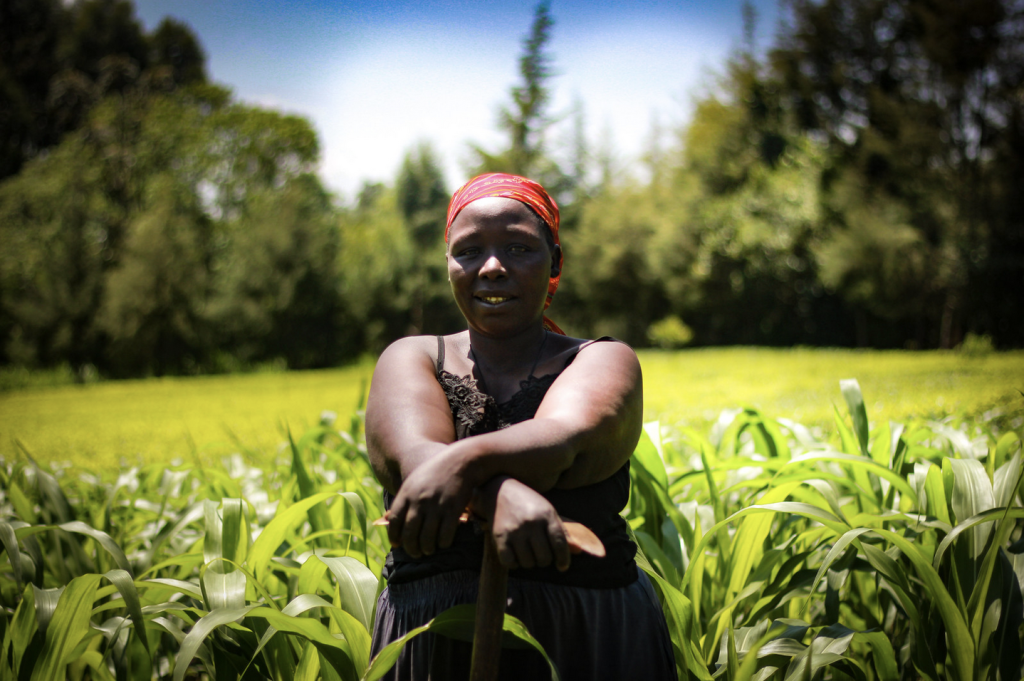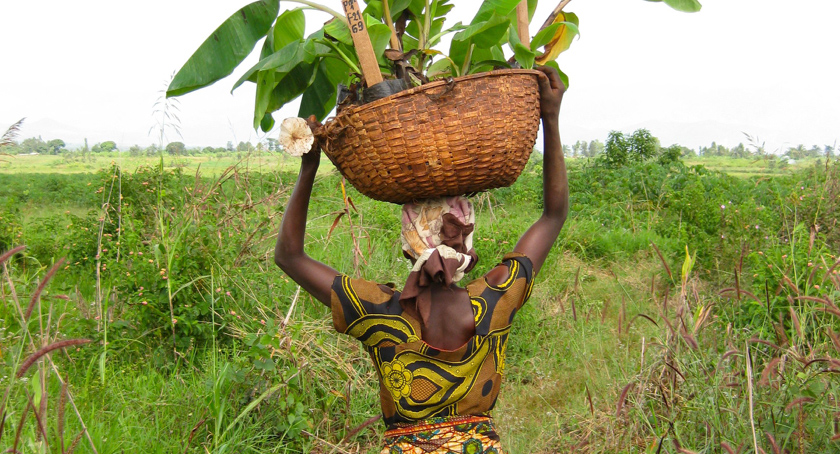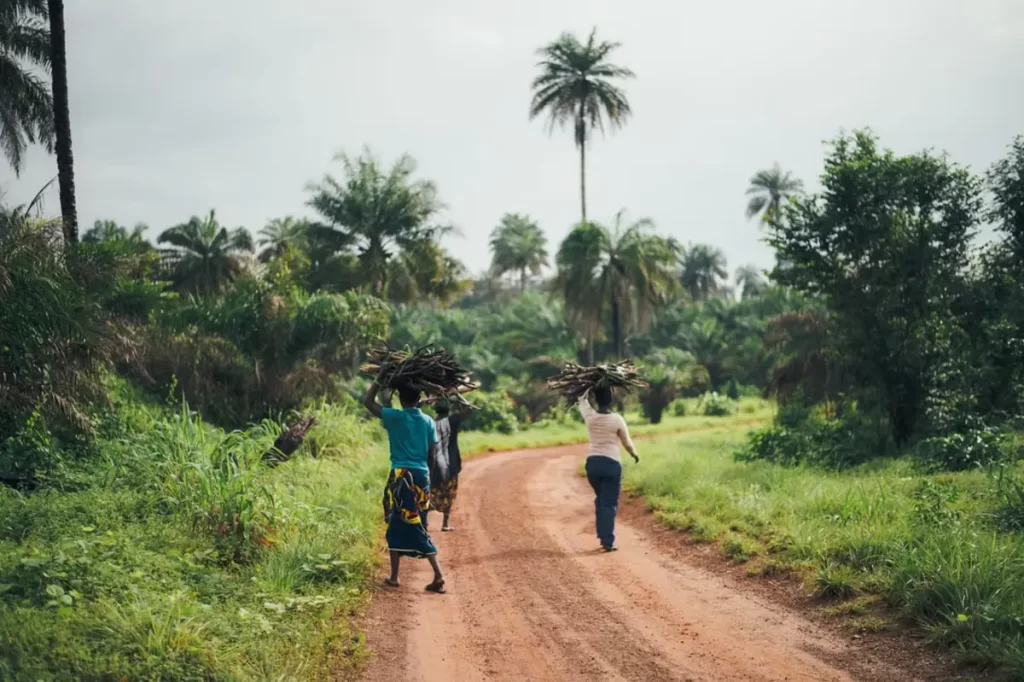Documenting and evaluating the socio-economic viability of agroecological practices across Africa
Will agroecological transformation add up for Africa’s farmers? Agroecological practices such as composting crop residues, integrating crops and livestock, and conservation agriculture, show significant promise as a way to sustainably increase productivity in sub-Saharan Africa. However, despite some early success stories, there’s still skepticism about the potential of agroecology to transform African agriculture at scale. This is partly due to a lack of comprehensive assessments of the socio-economic performance of agroecological farming systems in terms of food security and income, and concerns that such practices are highly labor-intensive. There are also questions about access to the knowledge, resources and markets required to make such a transition successful. Supported by
Project Scope
The study will focus on the field-to-farm and household scales; value-chain and regional-scale assessments are beyond its scope, although connections with other work at these scales will be welcome.
Aim
This project aims to better understand the socio-economic viability of agroecological practices, and their livelihood system impacts across various environments and demographics in Africa. This holistic evaluation will include:
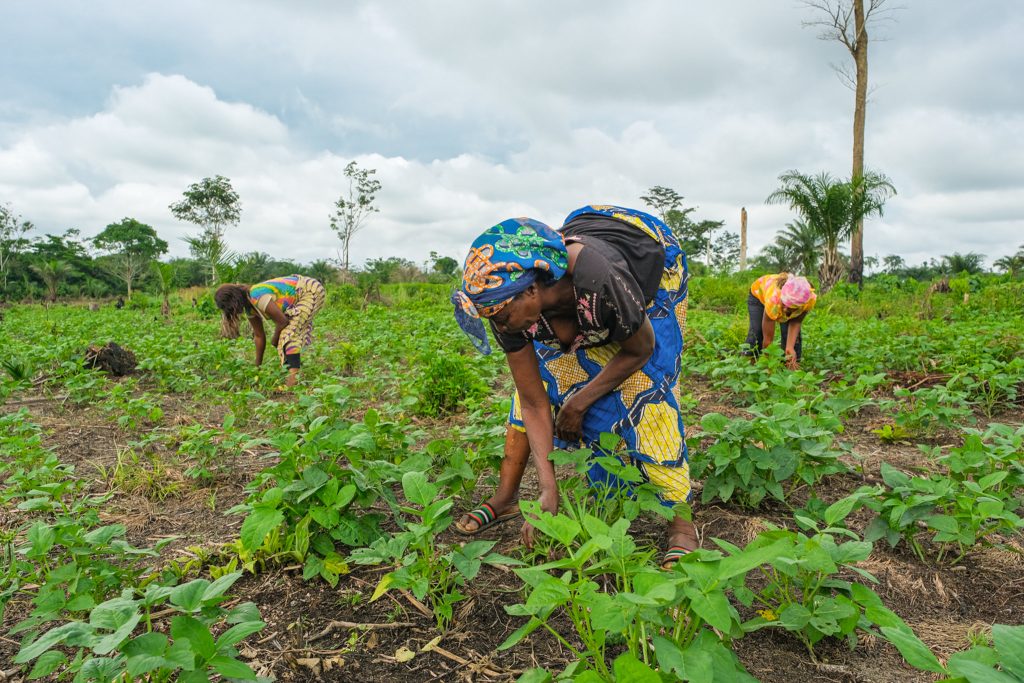
Assessment of the labor required
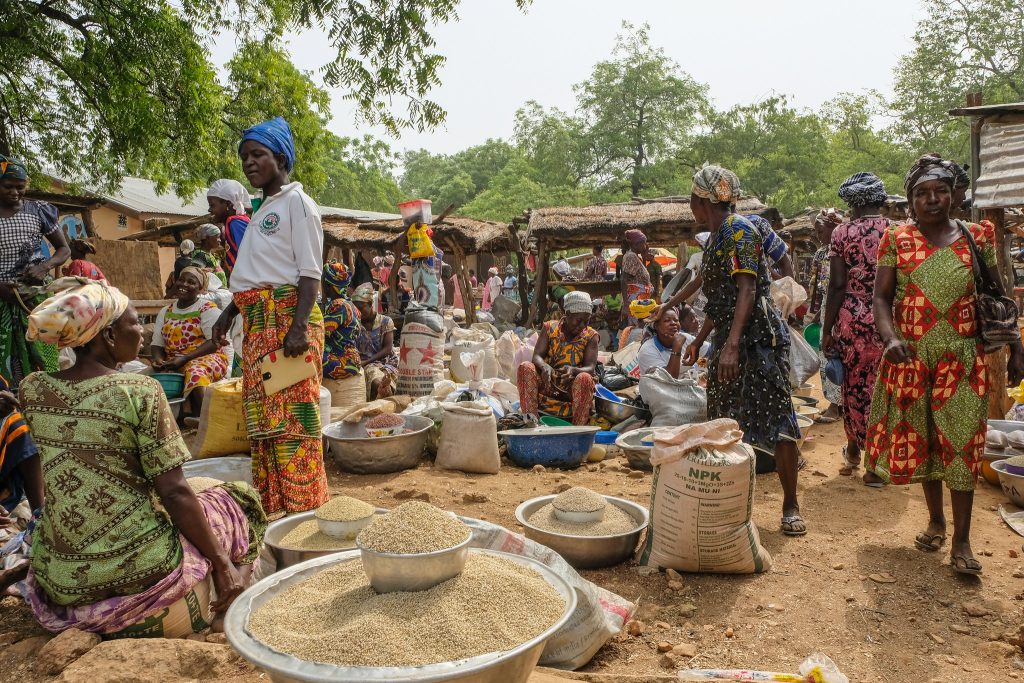
Income and food security outcomes
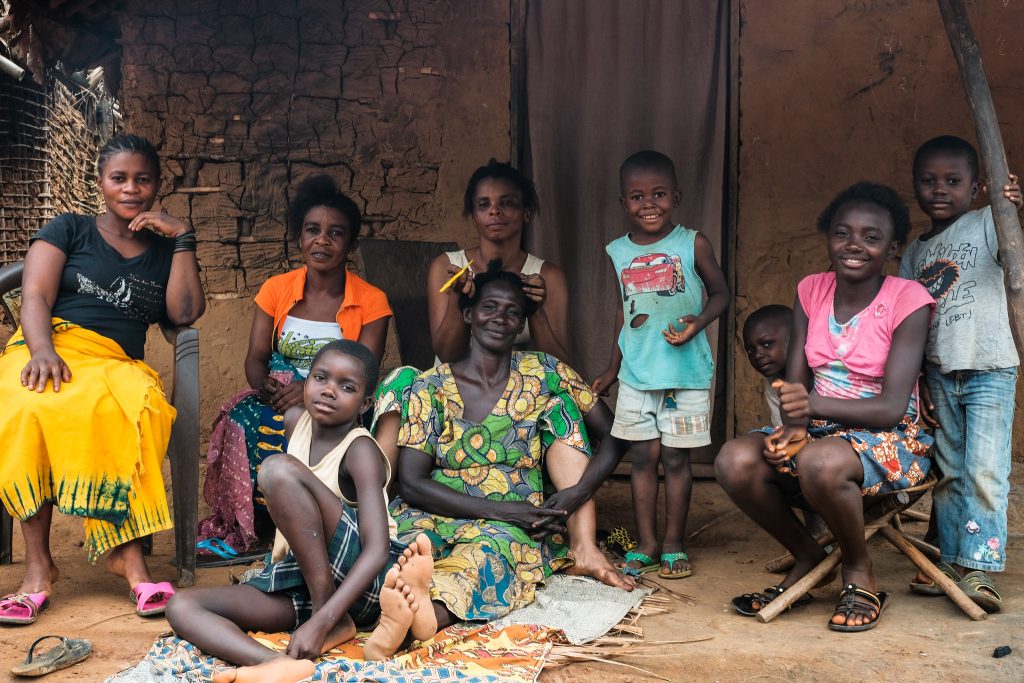
Household levers and lock-ins for agroecogical practices
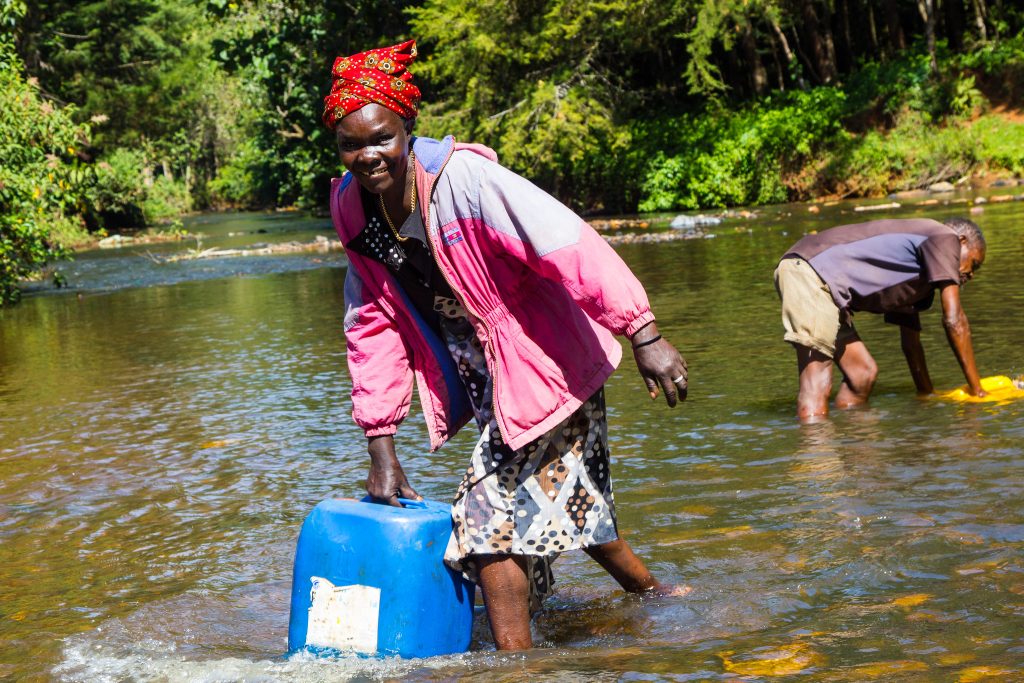
Economic value of ecosystem services and disservices
Modality
The research will be conducted over a three-year timeframe, using the three-step process below:  The results will be disseminated widely, including through scientific publications, policy briefs and events.
The results will be disseminated widely, including through scientific publications, policy briefs and events.
Case Studies
Twelve case studies have been selected in a range of agroecological zones across Africa where partners already have active agroecology programs in place.

SAT – Agroecology Center Tanzania

CIRAD-ILRI – Agropastoral and pastoral systems in Senegal

CIRAD – Agro-sylvo-pastoral systems in Burkina Faso

CIRAD-ICARDA – Compost, livestock, and crop production in Tunisia

CIRAD-IRD – Agroecology comparisons in Madagascar

CIMMYT – Farm mechanization in Ethiopia and Zimbabwe

ICARDA – Legumes and agroecology in Ethiopia

ICRAF – Tree-crop associations and biomass in Burkina Faso

ICRAF – Agroforestry and soil and water conservation in Kenya

IWMI – Exclosures in Ethiopia

Cornell University – Agroecology in Malawi

The Alliance of Bioversity and CIAT – Agroecology in Kenya
Live Progress
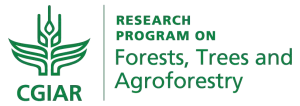

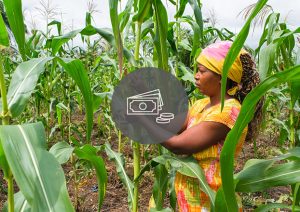 Learn More
Learn More
